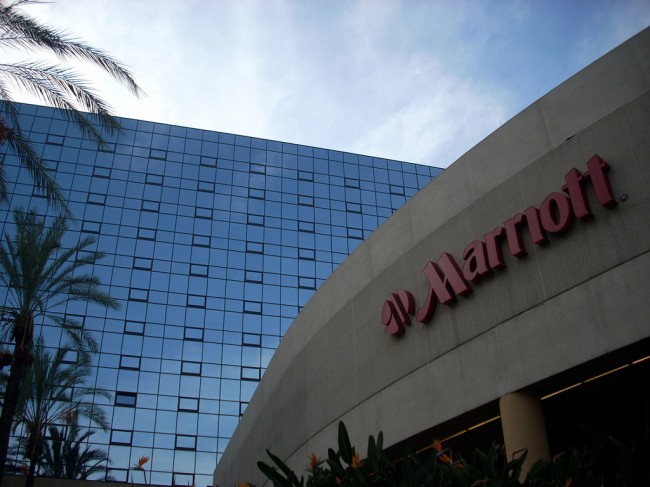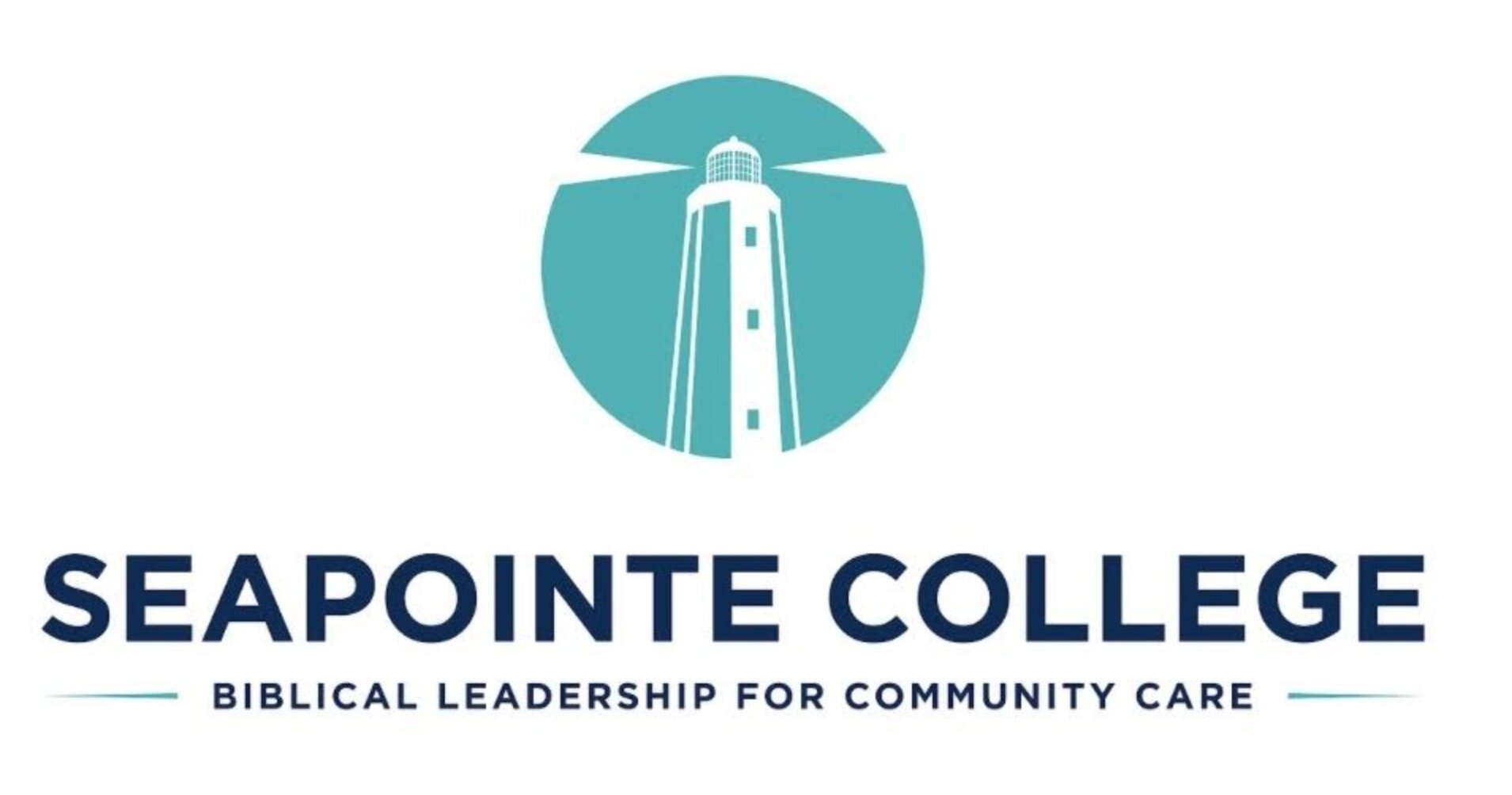
On Friday, Marriott International was decreed that they must pay a fine of $600,000 from the U.S. Federal Communications Commission (FCC) for blocking customers’ Wi-Fi hotspots, in an effort to force the purchase of their own internet service. The blocking took place at the Gaylord Opryland Resort & Convention Center, located in Nashville, Tennessee. Using Wi-Fi disrupting technology, Marriott employees were able to force occupants to pay internet charges.
The issue is deeper than the Marriott employees utilizing the disruptive technology, though. The conference center was charging astronomical fees for the service, demanding attendees pay anywhere from $250 to $1,000. In doing so, the hotel chain violated the U.S. Communications Act. The FCC Enforcement Bureau elaborated, stating that individuals should not have to live with the fear that their conference or hotel will deny the use of mobile hotspots, which have been privately purchased by patrons on a cellular data plan.
The Marriott International, however, disagreed with the notion that anything illegal happened at the Gaylord Opryland. In a statement released on Friday, the company argued that the practice was done to benefit customers’ safety by shutting down “rogue wireless hotspots” that can compromise security. The Marriott insists they were simply protecting convention-goers from “insidious” activity through the wireless. This defense may not hold, though, considering that the FCC’s investigation of the Wi-Fi monitoring systems concluded that the hotel staff was targeting specific hotspots the guests were creating and dismantling them. According to the investigation, the hotel staff could send de-authorization packets to the hotspots, effectively untethering devices attached to them.
In their consent decree to Marriott International, the FCC fined the company a civil penalty of $600,000. In addition to the fine, the Marriott now has to earn their trust back with the government once more through submitting detailed compliance reports every three months for the next three years. Said reports will be required to outline the use of their network along with any technology that may disrupt personal access points.
Historically, Marriott International has not experienced fines like this or difficulties with the law. However, the same cannot be said for their competitors. It has always been common knowledge that hotels enjoy utilizing immensely complicated fee systems to charge patrons for everything from bottled water to internet. Some hotels have reportedly given managers access to room temperatures through mobile apps, allowing establishments to veto the thermostat for customers in an effort to reduce costs. While this may seem reasonable if some patrons do not turn off the heat or air conditioning, it still removes that freedom to do so from them. The same extends to hotels that are slowly altering amenities that were traditionally free in favor of fees.
Marriott International being ordered to pay the $600,000 fine for blocking hotspots may elude a crackdown on unprofessional nickel and diming practices that hotel chains are becoming increasingly willing to partake in. The impending threat of being investigated by the FCC, being charged more than half a million dollars, and having to undergo a three-year decree could cause hotels to think twice before trying to highway rob every customer by making alternatives to expensive fees inaccessible potentially violating the U.S. Communications Act, as the Marriott did.
By Brett Stewart
Sources:
PC World
Bloomberg
CNET
Photo by Chris LA Wad – Flickr



